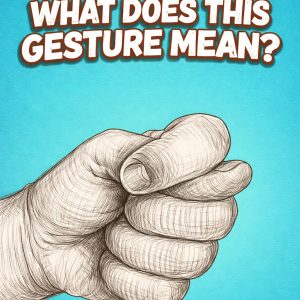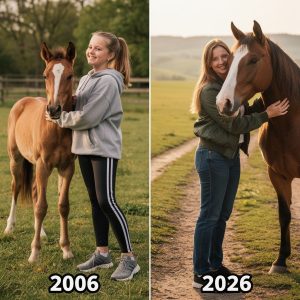She treated our apartment building like her personal kingdom — loud, entitled, always surrounded by her seven unruly kids. Most neighbors avoided her, not wanting to spark conflict. I did too, until the day she forced my deaf grandfather off the elevator. The security footage captured it clearly: him holding the door with groceries in hand, confused as she barked, “Out!” until he stepped aside. Watching that footage broke something in me.
Two weeks later, after a draining hospital shift, I encountered her again. She tried the same thing — ordering me out of the elevator. This time, I didn’t move. “No,” I said calmly. “I’m the guy whose deaf grandfather you bullied.” Her face froze in shock. Two neighbors quietly entered behind her, offering their silent support. I didn’t need to say more. That night, I uploaded the elevator footage to our building’s online forum, titled simply: This isn’t how we treat our elders.
The response was immediate and powerful. Dozens of residents began sharing similar stories. No rage, no insults — just the truth. Stories of being shouted at, shoved aside, disrespected. The building had tolerated her behavior for too long. By Monday, everything changed. She was quiet. She waited her turn. For the first time, she looked people in the eye and said “Thank you.”
I didn’t do it out of spite. I did it to remind her — and everyone else — that kindness and respect aren’t optional. All it took was one exhausted man and one firm “No” to start a ripple of change.





